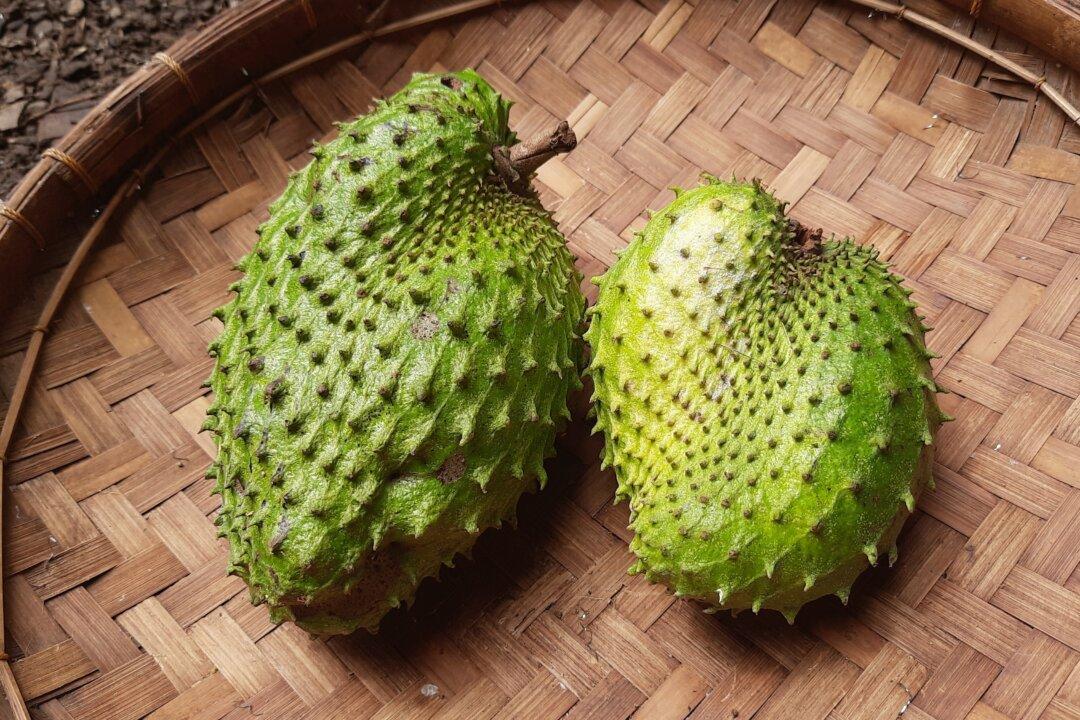The tropical Annona muricata tree, commonly known as soursop or graviola, is hailed in various cultures for its medicinal uses. Yet, despite compelling personal narratives and initial scientific inquiries suggesting its potential in combating cancer, the plant’s effectiveness remains a subject of ongoing research and scientific debate.
From Cancer Diagnosis to Recovery
In February 2021, Lynette Hill, a 52-year-old resident of Fresno, California, was diagnosed with stage 4 breast cancer. The aggressive form of the disease had metastasized to various parts of her body, including her stomach, lungs, ovaries, and bones.Undergoing chemotherapy, Ms. Hill experienced a significant weight loss of 111 pounds—at 5-foot-7, she was down to 125 pounds. She had endured multiple hospital stays. At a particularly challenging phase in her treatment, she started researching alternative therapeutic approaches.






